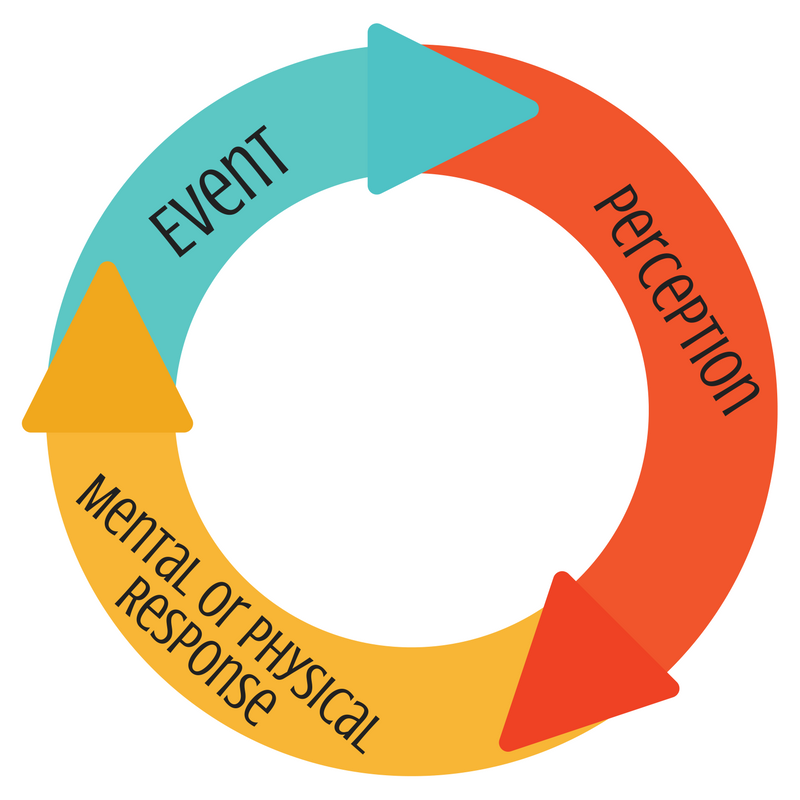Stress is an inevitable part of life; it can take a toll on a persons’ physical health, emotional well-being and academic success unless it is learned to manage appropriately. People experience stress related to changes in lifestyle, increased workload, new responsibilities and interpersonal relationships.
Let’s check out some facts, first about students:
- 85% of students feel stressed on a daily basis.
- College students now report being more stressed-out than ever before.
- 6 in 10 college students report having felt so stressed they couldn’t get their work done on one or more occasions.

Now about the workplace:
- An average of 15% of the workforce will experience health problems that can be attributed to stress.
- Job stress is estimated to cost $200 to 300 billion annually in absenteeism, diminished productivity, employee turnover, accidents, workers’ compensation and direct medical, legal and insurance fees.
No matter the stress, stress follows a basic pattern.
- The stress cycle begins with an event.
- This is followed by your perception of that event. That means how you interpret the event and what you say to yourself about it.
- Then lastly, your mental and physical responses.
Note that the event itself is not the stressor, it is your reaction to it that causes stress.

Stress can be greatly reduced by communicating boundaries to those around you. Creating boundaries allows you to maintain control of your life by creating reasonable perimeters. The inability to set boundaries can be extremely stressful. Saying “no” makes some people feel guilty. If that is the case keep in mind these tips:
- Remember you have a choice.
- Give yourself time to think about refusing or agreeing to the request.
- Say “no” as clearly and calmly as you can.
- State your reasons but don’t make excuses.
- Remember you are saying “no” to the request, not the person.
An important way to combat stress is at the physical level. The easiest way is basic breathing. Practice with the video below.

To learn more about stress and how to manage it, request the following Leadership in Action Modules:
- Managing Stress- Analyzing Your Stressors
- Managing Stress- Rising Above Stress
